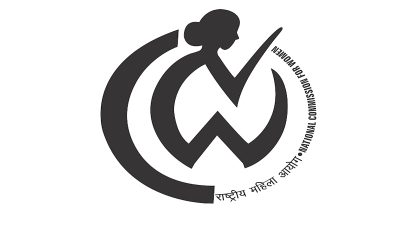Page-11 of GS-II: Polity & Constitution of India
Significance of Indian Independence Act 1947
On the basis of Mountbatten Plan, the British government was anxious to transfer power. The Indian Independence Bill was introduced in British Parliament on July 4 1947. The Act did not provide for any new Constitution of India. The Act ..
Government of India Act of 1935 and Policy of Equal Federation
The Government of India Act of 1935 provided a scheme of federation in which the princely states were to be brought into a direct constitutional relationship with British India. Under the Act, States were to send representatives to the Federal ..
Charter Act of 1833: Analysis of the Law Making Power of Governor General
The charter act 1833 had for the first time separated the legislative functions of the Governor General in Council from the executive functions Governor General in Council from the executive functions. In effect, as Lord Macaulay viewed it, it was ..
Act of 1800 and Establishment of Supreme Court of Madras & Bombay
The Act of 1800 or Government of India Act 1800 was passed by British Parliament to establish a Supreme Court at Madras. Background A rudimentary system of judiciary was established in the Presidencies of Madras and Bombay via the Charter Act ..
Act of 1797
At the time of enactment of Act of 1797, the territorial jurisdiction of the Calcutta Supreme Court covered the whole of Bengal, Bihar and Orissa. By this act, the jurisdiction of the Calcutta Supreme Court was extended to province of ..
Competition Commission of India
The Competition Commission of India (CCI) was set up to replace the anachronistic Monopolies and Restrictive Trade Practices Commission (MRTPC). It was established to eliminate practices that adversely affect competition in different industries/areas and protect interests of consumers and ensure ..
Linguistic Minority in India
A linguistic minority is a class of people whose mother tongue is different from that of the majority in the state or part of a state. the constitution provides for the protection of the interests of linguistic minorities. Article 350-A ..
Extraordinary Powers of President in Emergency under Article 365
Article 365 is an extension to emergency powers of President. The Constitution of India has provided the President of India the power to impose emergency using article 352 and article 365 on two different accounts, if the state does not ..
National Commission for Women
The National Commission for Women is a statutory body established in January 1992 under the National Commission for Women Act, 1990. This commission was for the first time recommended by Committee on Status of Women in India in 1974 and ..
Inter-state Council
Inter State council is a constitutional body set up on the basis of provisions in Article 263 of the Constitution of India by a Presidential Order dated 28th May, 1990 on recommendation of Sarkaria Commission. Article 263 of the Constitution ..


